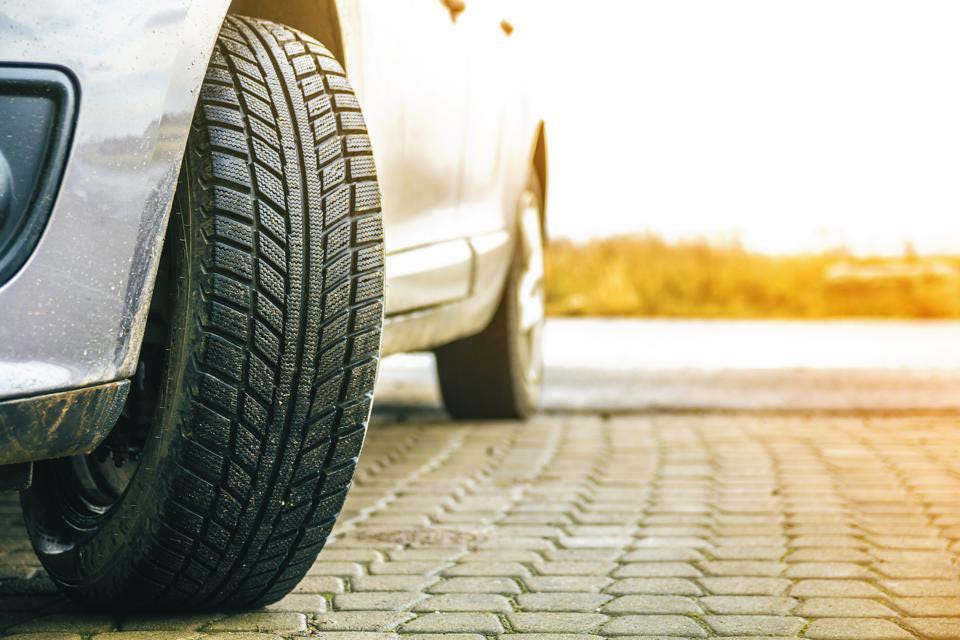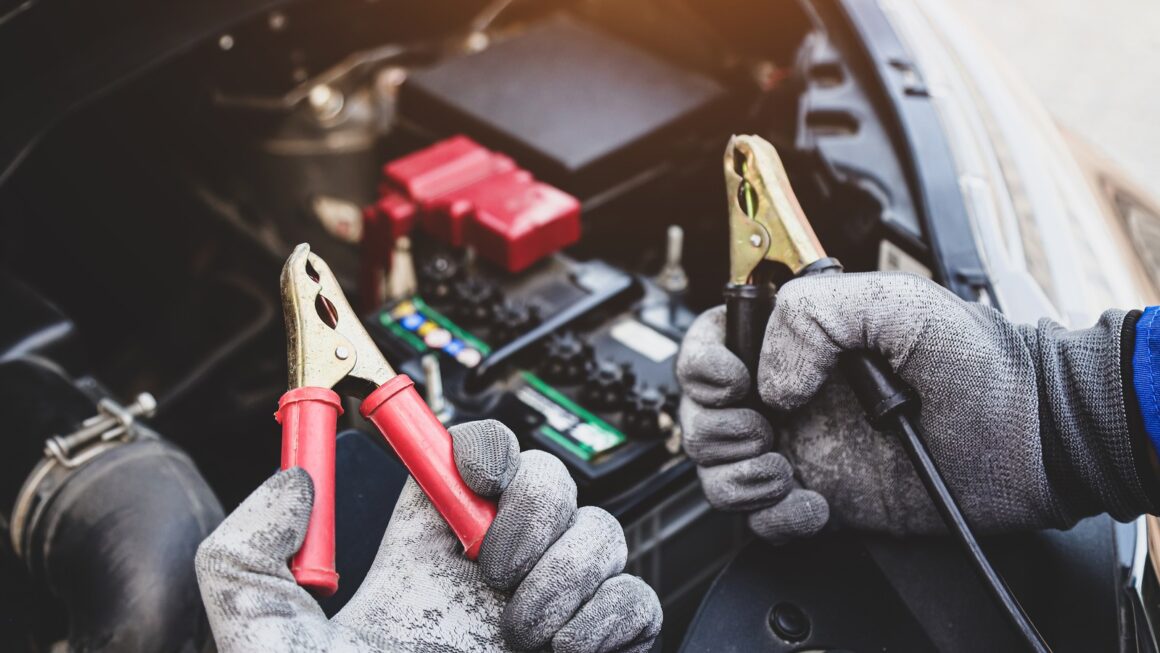As tyres are the only contact point between the car and road, it can be said that they are basically in charge of your steering, braking, accelerating, and absorbing all of the road’s bumps.
Since your tyres are always working round the clock, they will eventually wear out. It can be considered as our foremost duty as automobile owners to care for these hardworking components. Some basic preventative maintenance and care can help extend the life of the tyres.
Various things can affect how long your Tyres Leek road life can be; similarly, some factors can also lead them to wear out much faster than expected. Before reading about how you can maintain your car tyre’s longevity, let’s look at things that can cause them to wear out much faster –
The circumstances, under which tyres operate, as well as the speed, have a major influence on tyre life, such as broken or uneven road surfaces, hilly roads, and so on.
Because rubber is a bad conductor of heat and will absorb it, driving at high speeds continuously can reduce tyre stiffness due to excessive heating of the rubber. This can eventually lead to greater tyre wear or damage.
Driving at high speeds with underinflated tyres, making sudden curves at high speeds, driving over huge objects, and other driving styles can cause significant tyre damage.
Improper load distribution can put too much stress on tyres, causing irreversible damage.
Improper tyre care can cause problems ranging from excessive wear to untimely replacement, and changing tyres regularly can be costly. If automobile tyres are not properly maintained, they can lead to poor vehicle performance, since the quality of your tyres has a direct impact on the speed and handling of your ride, as well as safety.
Car Tyre Maintenance and Care Tips
If you want to maintain your car safe and roadworthy for as long as possible, it’s critical to keep your tyres in good shape. Here are some tyre care and maintenance suggestions to help you maintain your car tyres in good shape-
Avoid Overloading
Overloading your car may be more harmful than you realise. A vehicle carrying a lot of weight can hamper control and cause excessive wear on the tyres due to the excessive heat. This might cause a tyre to blow out, putting you at risk of a traffic accident. Avoid replacing the tyres on your vehicle with tyres that have a lower load capacity than your standard tyres or what is recommended by your car manufacturer, and remember that appropriate rim width is important for optimal tyre load distribution and performance.
Inspections on a regular basis
If you inspect and maintain your tyres on a regular basis, you may increase their life. Early detection of tyre failure can be aided by a careful visual inspection. Look for any irregularities on the tyre’s surface or sidewalls, such as bulges, cuts, or cracks. Make a thorough inspection of the interior of the tyre as well. Stones and pebbles, shards, and other materials can create cracks and fractures, which can expand over time and lead to tyre failure.
If a tyre rupture occurs while driving, replace it as quickly as possible with the spare tyre until you can get to a garage for an examination. Keep in mind that spare tyres should only be used for a short period before being changed.
Tyre Pressure
Tyres that are under or over-inflated can increase fuel consumption and make them more susceptible to wear and damage. Tyre pressure can have an impact on your car’s steering, handling, braking, and mileage. Tyres lose air pressure after a month or so of regular driving and should be refilled as required.
Wheel Alignment
Wheels that are out of alignment might cause problems with your tyres. Vibration or uneven tyre wear can be caused by a lack of rotation, worn suspension systems, under-inflation, over-inflation, wheel imbalance, and misalignment. Wheel alignment should be done every 4 to 6,000 kilometres or whenever the tyres show signs of uneven wear.
Wheel Balancing
Wheel balancing guarantees that the tyres and wheels rotate freely without causing vibrations. This is recommended for better ride quality, handling, and safety. If you feel vibrations when driving, the wheel assembly should be looked upon and be balanced out.
Tyre Rotation
Tyre rotation is required to ensure even tyre wear. Tyre rotation regularly will save you money by increasing the life of your All-Season Tyres Leek while also delivering a smoother and safer ride. Tyre rotation regularly ensures that all tyres wear evenly and that no tyre is under or overworked.
Safer Driving Habits
To keep your tyres in optimum condition, it is essential to maintain safe driving practices. Excessive braking or acceleration when driving, as well as frequent stopping and starting in traffic, can damage your tyres and cause them to wear out sooner. Such driving habits may place an undue amount of strain on the tyres, leading them to wear out faster than intended.




